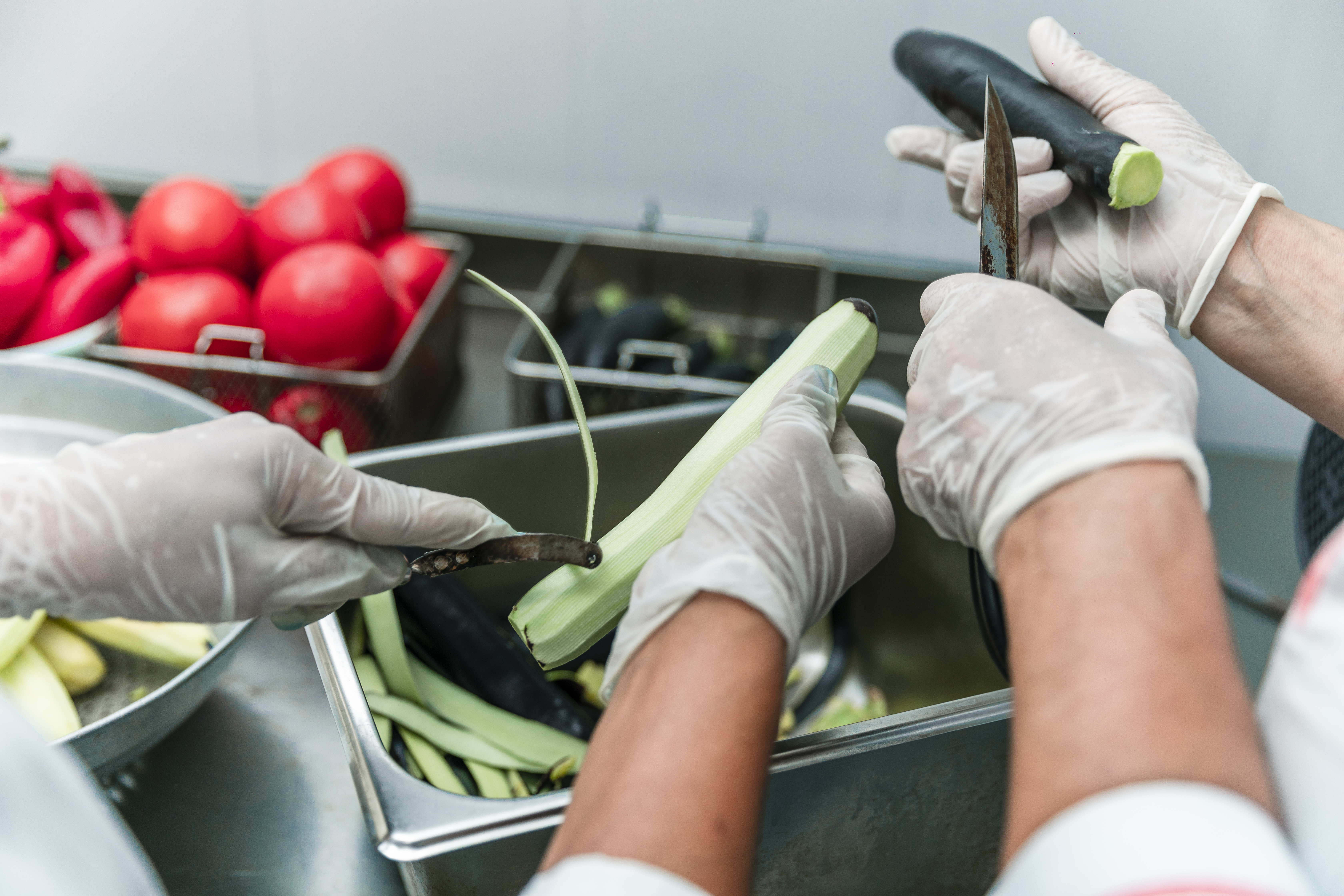752

The HACCP System – A Pillar of Food Safety in the European Union
The HACCP system (Hazard Analysis and Critical Control Points) is a mandatory tool for ensuring food safety in the European Union, regulated by Regulation (EC) No. 852/2004, with periodic updates. The most recent revisions, effective since 2023, bring clarifications regarding traceability, management of emerging risks, and the digitalization of monitoring processes.
According to the European Commission’s Guide for HACCP Implementation, food industry operators must follow seven core principles:
- Hazard analysis (chemical, biological, physical);
- Identification of Critical Control Points (CCPs);
- Establishment of critical limits for each CCP;
- Continuous monitoring of CCPs;
- Establishment of corrective actions;
- Verification procedures;
- Documentation and record keeping.
In 2023, EFSA (European Food Safety Authority) emphasized the importance of integrating digital tools into HACCP monitoring – such as IoT sensors for temperature and humidity, real-time alert systems, and automatic data archiving. These technologies reduce the risk of human error and allow quick intervention in case of non-compliance.
Proper implementation of HACCP is not only a legal obligation but also a competitive advantage. The data collected can be used to improve internal processes, optimize costs, and increase consumer trust.
(Photo: Freepik)




